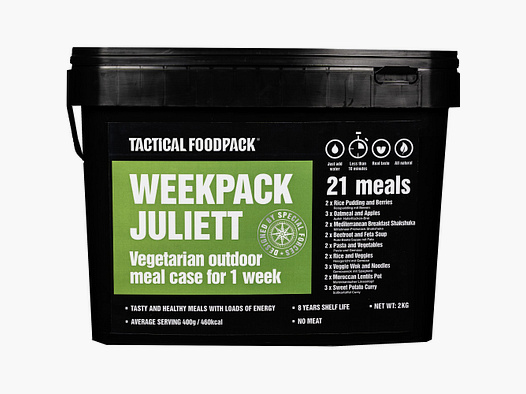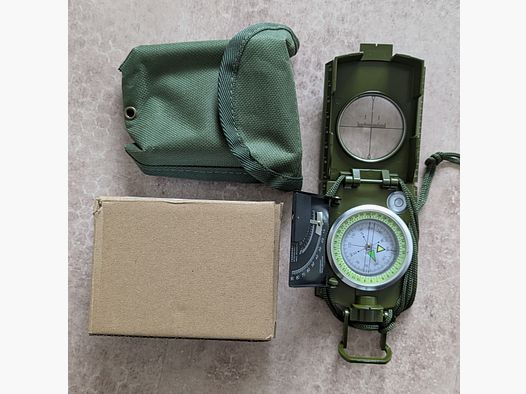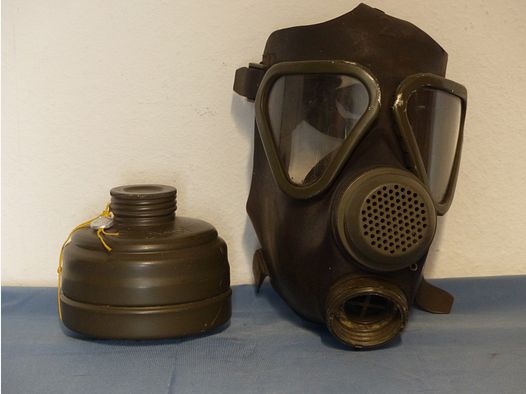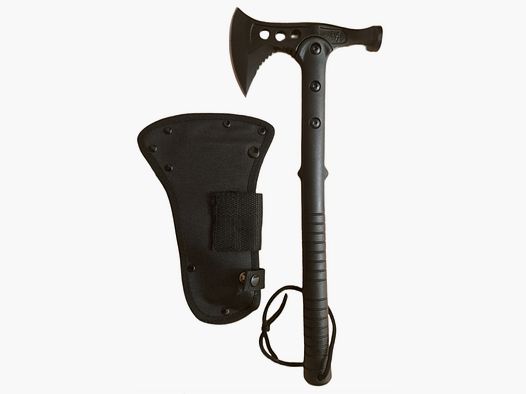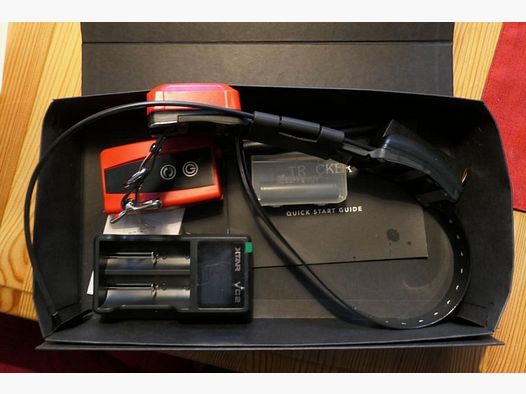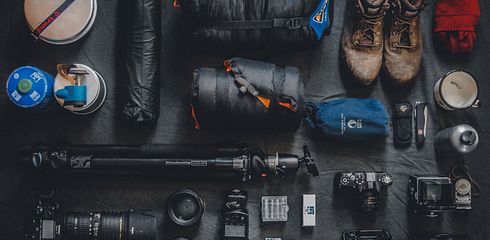In a world characterized by increasing uncertainty, from the emergence of unforeseen pandemics to more frequent natural disasters and political unrest, the importance of survival skills has never been more evident. Survival skills not only prepare us for unpredictable challenges, but they can also boost confidence and provide significant value to our lives.
Survival skills are not only useful in crisis situations; they can also be applied in everyday life, helping us to be more independent and resilient. Moreover, learning and practicing these skills, such as navigating in the wilderness, starting fires, or tying knots, can be a fun and enriching experience. It connects us with nature and teaches us to trust our instincts and be creative when faced with challenges.
In the following section, we will explore the ten most important survival skills and how to prepare for them. Whether you are an avid outdoor enthusiast, preparing for a potential crisis, or simply looking for a new challenge, these skills can empower you and help you face the unpredictable with greater confidence.
1. Navigation
The ability to navigate in the wilderness is essential for survival. This can include reading maps, using a compass, and understanding natural landmarks. To learn these skills, you might consider taking navigation courses or going on hikes where you try to find your way using only a map and compass.
2. First Aid
First aid knowledge is crucial in a survival situation. You should be able to address basic medical issues such as cuts, fractures, burns, and bites. There are many first aid courses you can attend to learn these skills.
3. Fire Making
The ability to make fire is fundamental for survival. It provides warmth, allows for cooking food and purifying water, and can serve as a signal for help. Practice various techniques for making fire, including using matches, lighters, flint, and even rubbing sticks together.
4. Building Shelter
In a survival situation, having adequate shelter is crucial. It protects you from the elements and can keep you safe from dangerous animals. Practice building emergency shelters using materials available in your surroundings, such as branches, leaves, and snow.
5. Food Procurement
The ability to find and harvest food in the wilderness is essential for survival. This can include identifying edible plants, hunting animals, and fishing. Read books, attend workshops, or go with an experienced guide to learn these skills.
6. Water Procurement and Purification
Water is vital, but in the wilderness, it can often be contaminated. The ability to find and purify clean drinking water can ensure survival. Learn how to locate water sources and how to purify water through boiling, filtering, or chemical treatment.
7. Knot Tying
The ability to tie various knots can be useful in a variety of survival situations, from securing shelters to fishing. There are many books and online resources that can teach you how to tie different types of knots.
8. Navigation
The ability to navigate without technological aids is extremely useful in the wilderness. This includes skills such as reading the stars, understanding wind directions, and recognizing landmarks. Courses and books on navigation can be very helpful in this regard.
9. Survival Psychology
Survival often requires more than just physical skills - it also requires mental strength. Learning techniques for stress management, maintaining morale, and overcoming fear and panic can make a significant difference. Considerations of survival psychology can often be found in survival courses and literature.
10. Signaling
If you are in distress, it is important to know how to signal for help effectively. This can include giving smoke signals, creating signal patterns on the ground, or using a mirror to reflect sunlight. In survival courses and books, you can learn more about how to attract attention.
Overall, learning these survival skills requires both study and practical experience. However, through courses, books, online resources, and plenty of practice, you can be better prepared to handle a survival situation.





